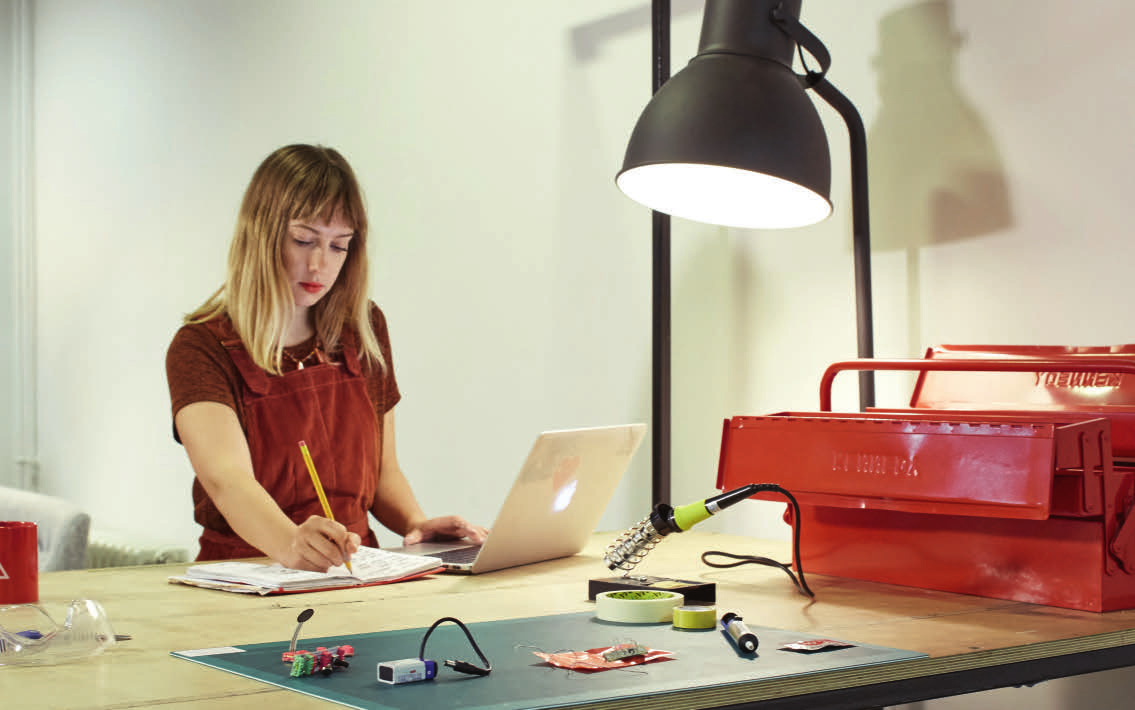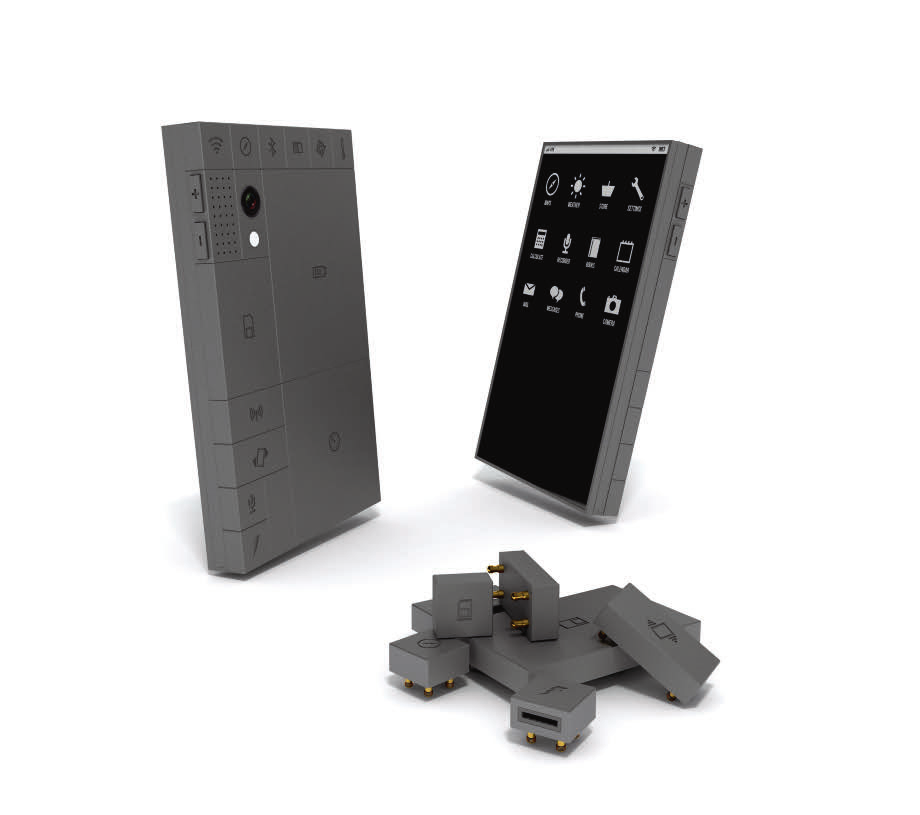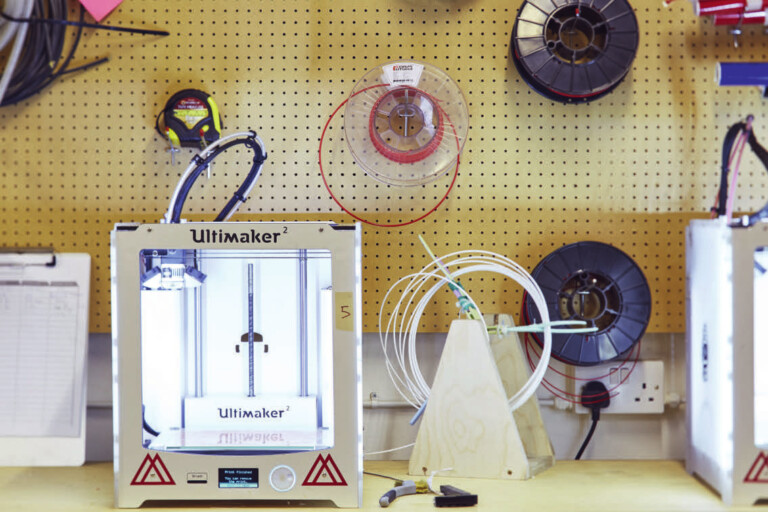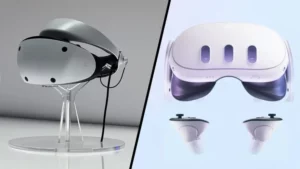Dutch product designer Dave Hakkens sees his work as a way to tackle some of the biggest problems that stem from our consumerist way of life. He believes designers are responsible for envisaging a different world: one where consumers don’t have to worry about the provenance of their purchases, the ingredients in their food, or the ethical standards of the companies they buy from. ‘It makes sense if the designer or the product development team do their job properly by always taking into account the social and environmental impact of what they are creating,’ says Hakkens. ‘It should be a standard.’ In his graduation project Phonebloks he investigated the way we consume technology and the problem of containing the increasing production of e-waste. ‘In the future we’re going to have connected fridges, so what will happen if a small component breaks?

Are we going to throw everything away?’ he asks. Phonebloks suggests a more sustainable way of designing smartphones; everything is modular and easily replaceable, so the phone has a longer lifespan. ‘Brands are creating problems that are bigger than what they can handle on their own,’ says the designer, who is collaborating with some major players in the mobile industry to bring the product concept to life. Another environmental issue Hakkens is currently tackling is consumers’ perception of plastic. ‘Nobody knows how it works,’ he says. ‘We know wood or metal, but plastic is very new and abstract. We see it as this cheap thing that’s everywhere, but the problem is that plastic is made to last forever but designed to throw away.’

His Precious Plastic project allows people and communities all over the world to create new products from their plastic waste. The blueprints for the recycling machine he has devised are freely available online, encouraging citizens to become more involved and engaged with the communities they inhabit. Hakkens’s work is a call to action for designers and thinkers to look at product design as a powerful tool that can enable people to contribute to shaping a more sustainable, self-sufficient society..









